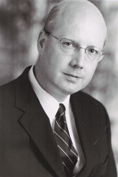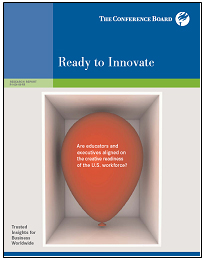
Michael Wilkerson
Frog, Toad, & a Bold Solution to the Private Sector/Arts Divide
Posted by Nov 16, 2011

Michael Wilkerson
Sometimes big ideas grow from small experiences.
One of my first encounters with corporate sponsorship was at an artists’ retreat, Ragdale, near Chicago. Located in a wealthy suburb, Ragdale occupied beautiful grounds that everyone wanted to see. We had standards. We didn’t do weddings and we didn’t allow private parties.
But at one point, I thought I had convinced a bank to sponsor an artistic event for us. As the planning grew more and more out of control and became the kind of loud corporate overdressed networking thing that would prevent artists and poets from ever believing they could create quietly at our “retreat,” I told the bank to scale it back, that it would not help us. “We need to sponsor organizations that will help our clients,” was the response.
The partnership ended.
Years later, as chair of a theatre company, I knew we had great plays, in the hands of a remarkable artistic director, on the horizon. Already we had been invited to take our one-acts to a Vaclav Havel Festival in New York; other literary and dramatic powerhouses were in the works, including a new play by a famous contemporary writer.
Read More












